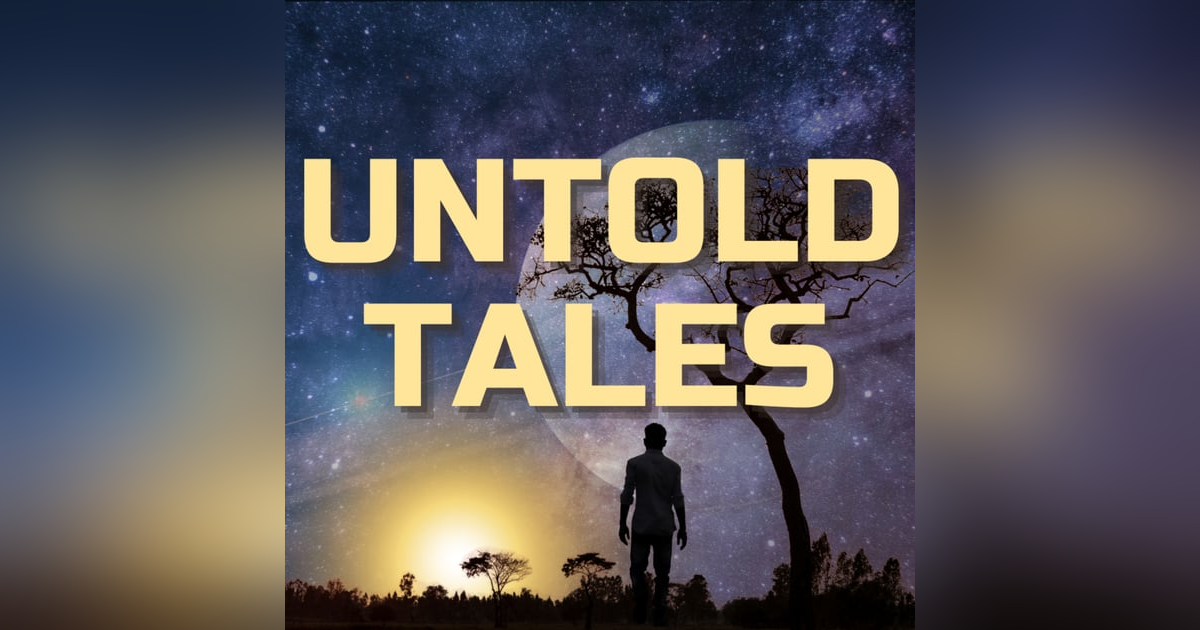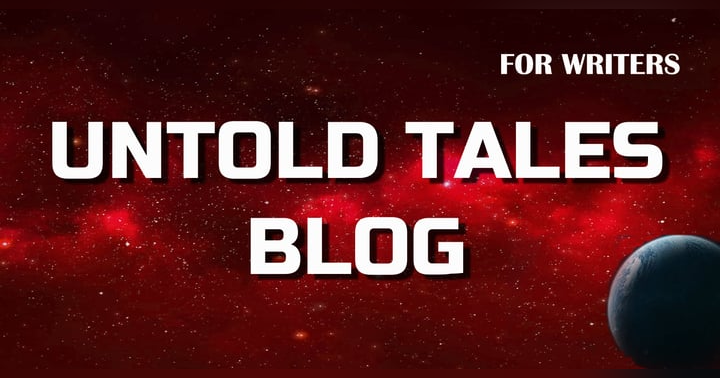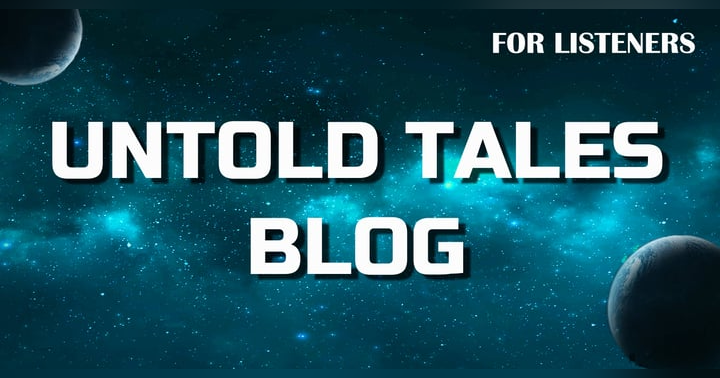How to Effectively Take Criticism About Your Writing

How to Effectively Take Criticism About Your Writing Without Turning Around and Making the Idiot Who Dared Savage Your Precious Prose the Murder Victim of a Rabid Two-Faced Alien with Mommy Issues in Your Great American Science Fiction Trilogy
First, take a deep breath. Doesn’t have to be the physical inhalation of what passes for air in your neck of the woods: it can be a mental inhalation, a girding of the mental loins, if you will. I am mixing body parts here. Maybe I need more coffee.
Then, listen, or read, carefully. This part is important because you will not become a better writer, plumber, jockey, or shock-podcast host unless you accept that criticism often has at least a few grains of Truth in it. Your job, then, is to pay attention to discern if there are grains, nuggets, or even big honking boulders of Truth in what you are being told.
Big honking boulders. Heh-heh.
There will come a moment, unless you are Universally Enlightened, Fully Realized, or a psychopath, when what you hear or read strikes a nerve, or a nerve cluster. Something that stings, burns, or cuts you to the quick. Like a chameleon looking at a bug, keep your distance from the feeling. Don’t—I stress, don’t—let the emotional wave wash over you. Look at the feeling and the trigger as if they were a bug and a branch. If it helps, think of the person who criticizes you as a buggy branch, a mere trifle in your jungle of imagination. Anything to keep the emotions from masking a Truth: if it feels like it causes you pain, there’s a reason.
I break it down into three categories:
- That is unfair: Sometimes, even with the best of intentions, critics are not fair. Happens a lot with science fiction when a person says “That was just not believable” after you spent 7,000 words laying the rational foundation for how it could be believable. Here I lump things like the person doesn’t know the genre, or the intent, or lacks the perspective of who I was writing for. Not their fault, not mine, just an unfair assessment. So I move on.
- That is your opinion: Tricky, for one has to grok what the criticism is as well as having a clear perspective on what one wrote. Not easy, as the parents of ugly babies prove too often. I separate opinion from the other two categories by noting that (a) it holds some Truth, but (b) is ultimately irrelevant to what I want to say in my work. For example, a reader once said my characters were too sarcastic, but the plot revolved around operatives nearing burnout in what they perceived was a hopeless situation. What she thought was excessive sarcasm (which it was for most works), I saw (and wrote) as characterization. Agree to disagree, moving on.
- That makes me pause: By setting aside the feelings, one can more quickly perceive the criticism that matters, the kind that makes you a better writer. The immediate need to sidestep the reaction is a clue that indicates a need to think about it, and when “unfair” and “opinion” are left behind, the end result is something you can truly learn from. And how do I know when it is more than just “opinion”? When my gut taps my brain on the shoulder and says: “Boss, this one hits the mark.” My gut is informally respectful.
So rather than flare up and pull an asinine Michael Crichton idiocy, think of each critic as a step up the ladder of Writing Mastery. Over time, those steps will be fewer, but bigger. Now let me go back and edit a few names in that story about the Rabid Two-Faced Alien with Mommy Issues…









